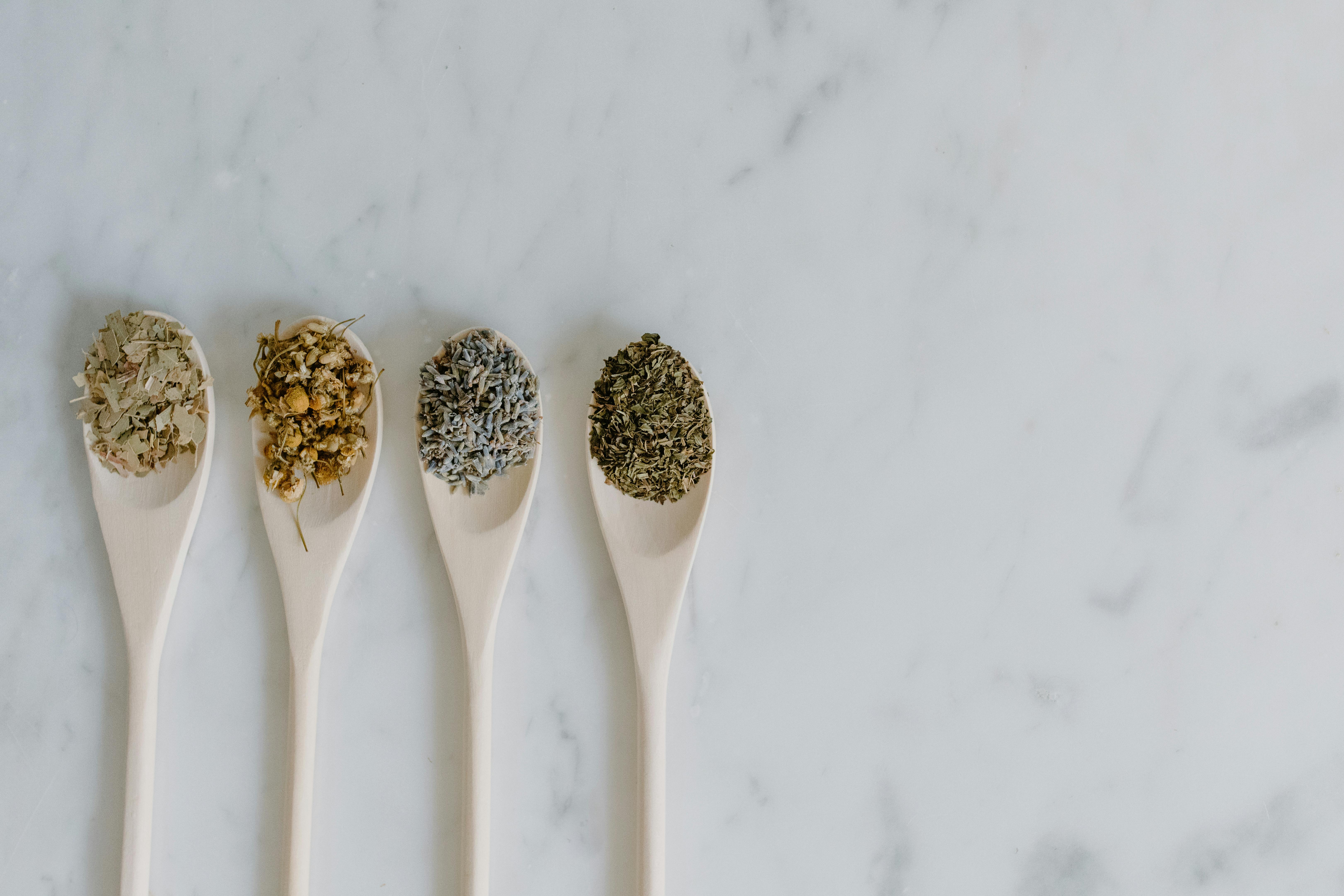We all know that eating lots of sugary treats, candy, and sodas causes tooth decay. That’s a no-brainer. But this deeper dive into the details of diet and how it affects dental health and cavities will be as fascinating to you as it was to me.
Most of us believe that once you have a cavity, that cavity cannot be reversed and the only solution is to drill out part of your tooth and fill it with a synthetic material. However, it has been proven that there are ways to reverse cavities naturally. Studies have shown that tooth decay and cavities could potentially be reversed with diet.
Sixty-two children with caries were divided into three different diet groups. Group 1 ate a standard diet plus oatmeal, which is rich in phytic acid. Group 2 consumed a normal diet supplemented with vitamin D3. Group 3 follows a cereal-free diet supplemented with vitamin D3.
The results revealed that Group 1 who ate the high grain and phytic acid diet had an increase in caries. Group 2 showed improvements in the number of caries. Group 3, who followed a grain-free diet with nutrient-rich foods like vegetables, fruit, meat, milk, and took vitamin D3, saw the greatest improvements. Almost all cavities in this group were cured.
According to the ideas of Dr. Weston Price and several others, there are four main things that contribute to tooth decay:
Lack of minerals in the diet (calcium deficiency, magnesium deficiency and phosphorus deficiency)
Lack of fat-soluble vitamins (A, D, E and K, especially vitamin D3 deficiency)
Eating too many foods rich in phytic acid
Too much consumption of processed sugar
The bottom line for me was the destructive nature of phytic acid-rich foods, which many of us consume regularly, if not every day. If you’re not familiar with the term, phytic acid or phytate, it’s a mineral blocker and enzyme inhibitor found in grains, nuts, seeds, and beans that can cause serious health problems in our diets.
The main reason that phytic acid has become a problem today is because we have stopped old food preparation techniques, such as soaking, sprouting, or fermentation, that remove phytic acid.
Too much phytic acid causes mineral deficiencies in two ways: by preventing you from absorbing them, and also by causing them to leach out of your bones and teeth, which can lead to osteoporosis and dental problems.
So do you have to give up your favorite morning oatmeal altogether for good? No, not necessarily. I would suggest limiting it to 2-3 times a week and not daily. I would also recommend soaking any grain for 3-4 hours or overnight before cooking to deactivate most, if not all, of the phytates. Germination is another great method.
Would you be willing to make some changes if your diet is affecting your dental health? Or that of your children?



